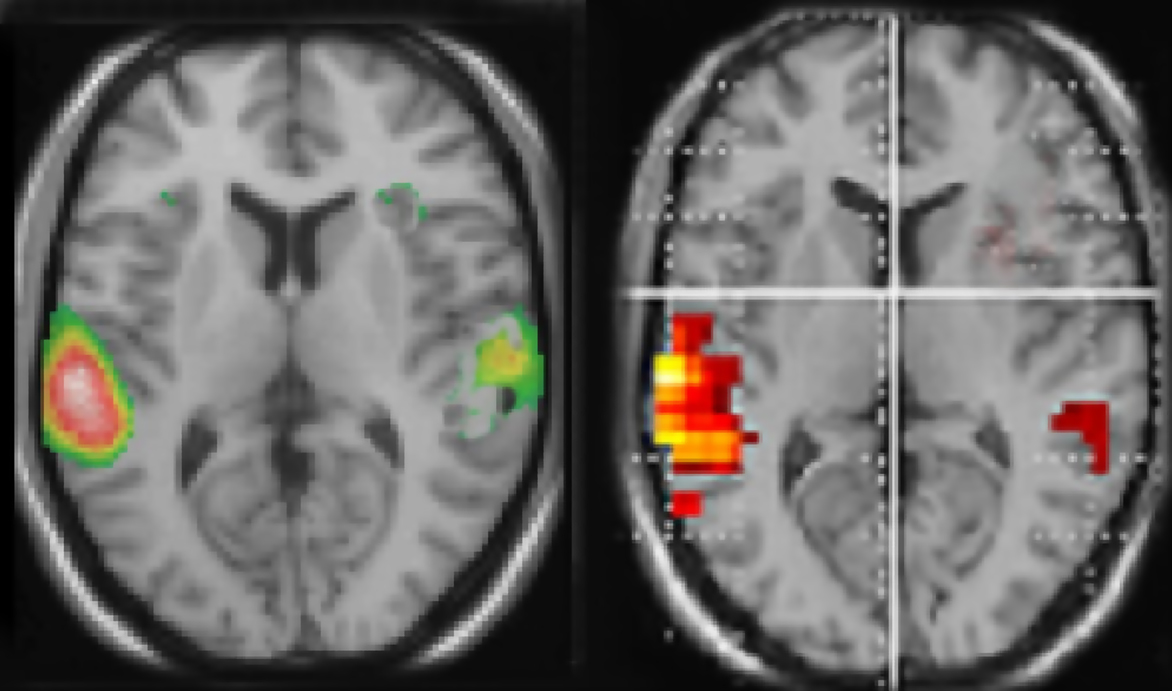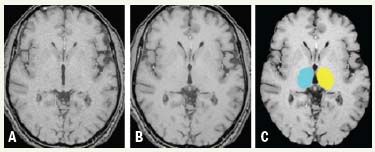

Efficacy of transcranial magnetic stimulation (TMS) in the treatment of schizophrenia: A review of the literature to date. Cole JC, Green Bernacki C, Helmer A, Pinninti N, O'reardon JP.FDA approves first drug to treat hallucinations and delusions associated with Parkinson’s disease. Hallucinations: Common features and causes. Current Psychiatry. November 2011 10(11):22-29. National Institute of Mental Health (NIMH).Hallucinations in healthy older adults: An overview of the literature and perspectives for future research. Hallucinations: Clinical aspects and management. Timothy Johnson, ABC News: Visual Hallucinations MedlinePlus Medical Encyclopedia: Schizophrenia.With the right treatment team and supportive allies by your side, successfully managing your condition is possible. Living with schizophrenia may feel overwhelming at times, but you’re not alone. Treatment options like therapy and medication can help you live well and manage your symptoms. If you think you or someone you know may have schizophrenia, it’s important to seek help.
#SCHIZOPHRENIA AUDITORY HALLUCINATION PROFESSIONAL#
While only a mental health professional can diagnose schizophrenia, you can take this quiz if you want to see if you have any signs of the condition. Delusions occur when a person strongly believes something that isn’t based on reality. In this paper we first demonstrate that AVH in these two diagnoses share a qualitatively similar phenomenology. Hallucinations are mainly connected to a person’s senses, so they may hear, see, smell, or feel something that’s not really there. Auditory verbal hallucinations (AVH: 'hearing voices') are found in both schizophrenia and post-traumatic stress disorder (PTSD). The kind involving voices is common in schizophrenia. Both symptoms involve altered perceptions of reality. A person with auditory hallucinations hears voices, sounds, cries, or music that do not come from an external source. trouble processing information and using it to make decisionsĮven if you’re experiencing one or more of these symptoms, only a medical professional can accurately diagnose schizophrenia.ĭelusions and hallucinations are so-called positive symptoms of schizophrenia - behaviors often not seen in people who don’t have the condition.
 lack of insight about their mental health conditions (i.e., they may not think they have a problem). difficulty thinking clearly or paying attention. People with schizophrenia may have trouble organizing their thoughts or completing tasks. Cognitive symptomsĬognitive symptoms affect memory and thinking. Some of these symptoms can be confused with symptoms of depression. being unable to start or complete activities. showing little interest in activities or pleasure. seeming “flat” or lacking emotional expression. With schizophrenia, negative symptoms are behaviors or emotions that are notably absent. unusual body movements like repeating certain movements or being unresponsive (also known as catatonia). Positive symptoms of schizophrenia are behaviors not typically seen in people without the condition. Past the early stage, symptoms of schizophrenia usually fall into three main categories: difficulty completing tasks like school work. During the early stage, there may only be small behavioral changes that gradually get more concerning or noticeable. Some people may also experience delusions of grandeur, which is when someone believes they’re famous or have special abilities, or a special connection with someone or something important. Others believe that someone is controlling their thoughts or listening in on what they’re thinking. People can experience a range of delusions.įor example, some people experience paranoia, believing that someone is following them or trying to hurt them. Delusionsĭelusions occur when a person strongly believes something that isn’t based on reality even when shown evidence. Other people may smell things that others aren’t able to, or feel things on them. Some people may see things or hear voices that others don’t. Some of these studies have related specific alterations to the genesis of auditory hallucinations, particularly in the left superior temporal gyrus, but none has analysed the relationship between morphometric data and a specific scale for auditory hallucinations. Hallucinations are when a person has a physical sensation, sees, or hears something that’s not actually occurring. Many studies have shown widespread but subtle pathological changes in gray matter in patients with schizophrenia. These are both altered perceptions of reality, but they feel very real to the person experiencing them. People with schizophrenia sometimes experience hallucinations or delusions.
lack of insight about their mental health conditions (i.e., they may not think they have a problem). difficulty thinking clearly or paying attention. People with schizophrenia may have trouble organizing their thoughts or completing tasks. Cognitive symptomsĬognitive symptoms affect memory and thinking. Some of these symptoms can be confused with symptoms of depression. being unable to start or complete activities. showing little interest in activities or pleasure. seeming “flat” or lacking emotional expression. With schizophrenia, negative symptoms are behaviors or emotions that are notably absent. unusual body movements like repeating certain movements or being unresponsive (also known as catatonia). Positive symptoms of schizophrenia are behaviors not typically seen in people without the condition. Past the early stage, symptoms of schizophrenia usually fall into three main categories: difficulty completing tasks like school work. During the early stage, there may only be small behavioral changes that gradually get more concerning or noticeable. Some people may also experience delusions of grandeur, which is when someone believes they’re famous or have special abilities, or a special connection with someone or something important. Others believe that someone is controlling their thoughts or listening in on what they’re thinking. People can experience a range of delusions.įor example, some people experience paranoia, believing that someone is following them or trying to hurt them. Delusionsĭelusions occur when a person strongly believes something that isn’t based on reality even when shown evidence. Other people may smell things that others aren’t able to, or feel things on them. Some people may see things or hear voices that others don’t. Some of these studies have related specific alterations to the genesis of auditory hallucinations, particularly in the left superior temporal gyrus, but none has analysed the relationship between morphometric data and a specific scale for auditory hallucinations. Hallucinations are when a person has a physical sensation, sees, or hears something that’s not actually occurring. Many studies have shown widespread but subtle pathological changes in gray matter in patients with schizophrenia. These are both altered perceptions of reality, but they feel very real to the person experiencing them. People with schizophrenia sometimes experience hallucinations or delusions.






 0 kommentar(er)
0 kommentar(er)
